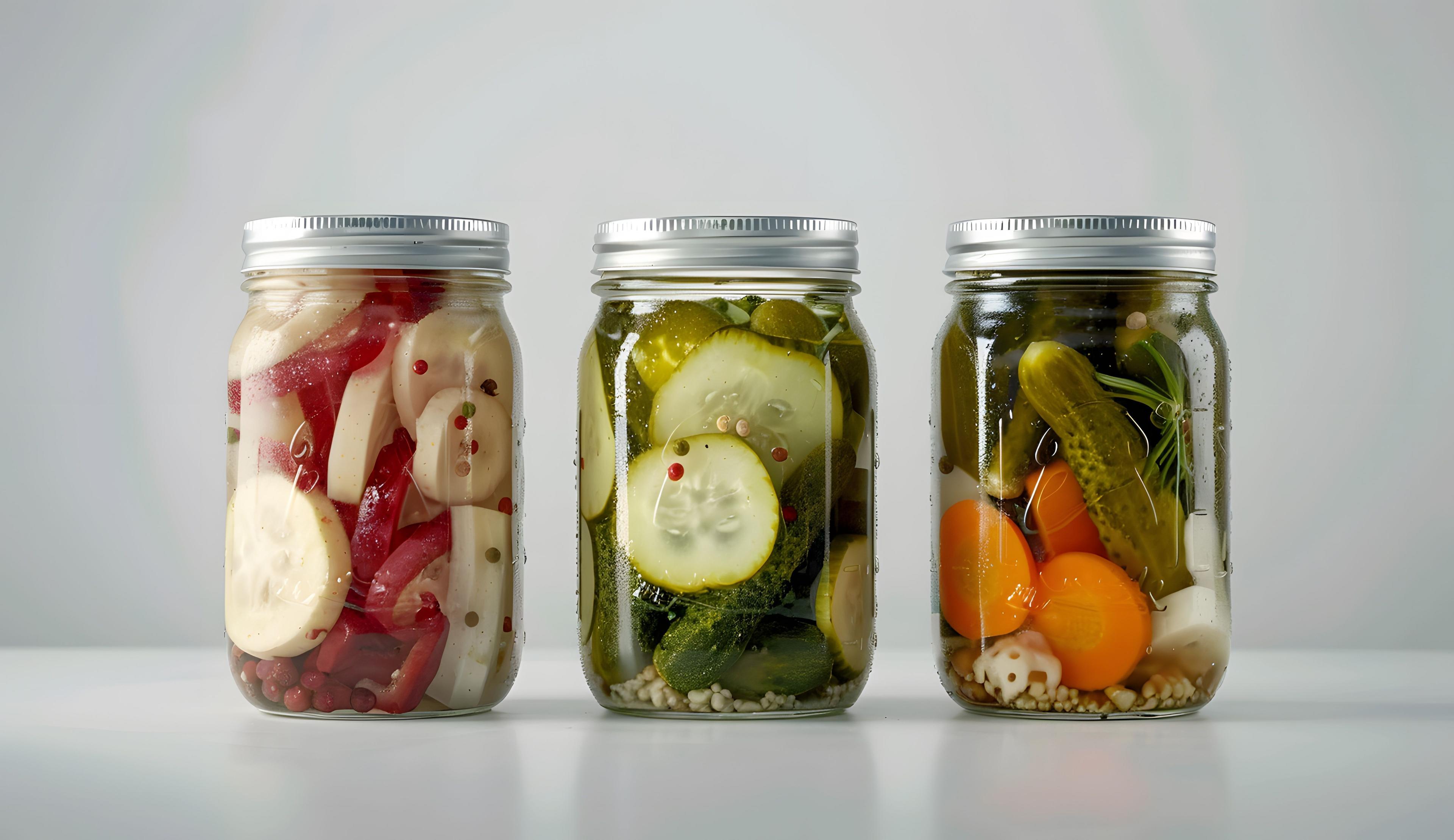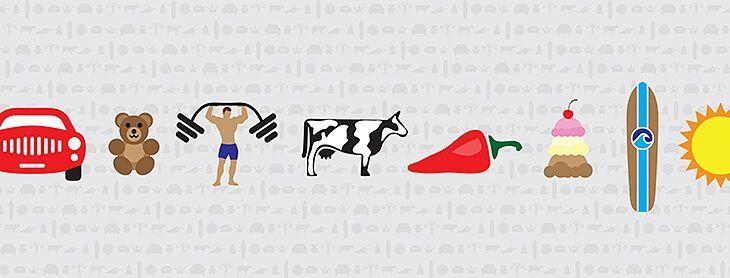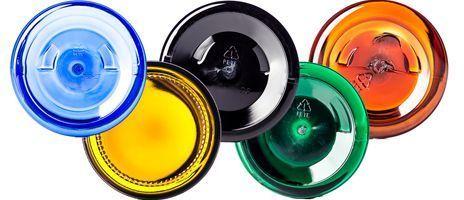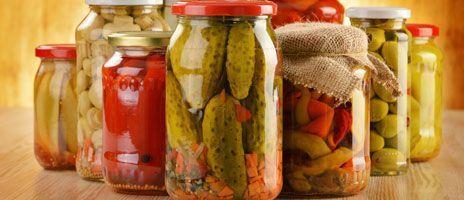How to Source High-Quality Mason Jars for Your Business


Mason jars have become a staple in various industries, from food and beverage to cosmetics and home decor. Their durability, aesthetic appeal, and eco-friendly nature make them a preferred packaging choice. However, sourcing high-quality mason jars for your business requires careful consideration of factors like supplier reliability, material quality, and cost efficiency. This guide will help you navigate the process of finding the best mason jars to meet your business needs.
1. Identifying Your Business Needs
Before sourcing mason jars, determine your specific requirements:
- Size and Capacity: Common sizes include 4 oz, 8 oz, 16 oz, and 32 oz jars.
- Material Quality: Ensure jars are made from durable, food-grade glass.
- Closure Type: Choose between metal screw-on lids, plastic lids, or cork stoppers.
- Customization Needs: Consider whether you need custom branding, labels, or unique jar shapes.
- Intended Use: Define if the jars will be used for food storage, candle making, beauty products, or another application.
2. Finding Reliable Suppliers
When sourcing mason jars, choosing a reputable supplier is crucial. Here’s where to look:
- Wholesale Distributors: Bulk suppliers offer cost-effective pricing for businesses.
- Direct Manufacturers: Purchasing directly from manufacturers ensures quality control and potential discounts.
- Local Glassmakers: Sourcing locally can reduce shipping costs and support sustainability.
- Online Marketplaces: Websites like Alibaba, Uline, and Amazon Business offer various options.
- Trade Shows & Expos: Industry-specific trade shows can help you connect with verified suppliers.
Questions to Ask Suppliers:
- What are the minimum order quantities (MOQs)?
- Do they provide sample jars for testing?
- Are the jars made from recycled or sustainable materials?
- What are the lead times and shipping costs?
- Can they accommodate custom design and branding requests?
- Do they have quality certifications and food safety compliance?
3. Evaluating Quality and Durability
High-quality mason jars should be:
- Thick and Sturdy: Thin glass may crack easily during transit or usage.
- BPA-Free and Food Safe: Essential for businesses in the food and beverage industry.
- Heat-Resistant: Important for hot-fill or sterilization processes.
- Leak-Proof Lids: Ensure a tight seal for product freshness.
- Non-Reactive Glass: Essential for food storage to prevent contamination.
Quality Testing Methods:
- Drop Test: Checking for durability under impact.
- Thermal Shock Test: Assessing resistance to rapid temperature changes.
- Seal Integrity Test: Ensuring airtight closures.
4. Comparing Costs and Budgeting
Cost considerations when sourcing mason jars include:
- Bulk Pricing: Larger orders usually result in better per-unit pricing.
- Shipping and Import Fees: Factor in these costs when ordering internationally.
- Customization Costs: Branding, labels, and special coatings may add to expenses.
- Storage Costs: Ensure you have adequate space for bulk inventory.
- Supplier Negotiations: Try negotiating for discounts, particularly on recurring purchases.
Cost-Saving Tips:
- Partner with other small businesses to place larger bulk orders.
- Consider alternative lid options if metal is too expensive.
- Look for suppliers who offer tiered pricing based on order size.
- Plan orders ahead of time to avoid rush shipping fees.
5. Sustainability Considerations
Eco-conscious consumers prefer sustainable packaging options. Look for:
- Recycled Glass: Jars made from post-consumer recycled materials.
- Reusable Lids: Metal lids that can be repurposed or replaced.
- Supplier Certifications: Ensure compliance with environmental standards.
- Zero-Waste Packaging: Work with suppliers who minimize plastic use in shipping.
- Encouraging Reuse: Promote jar repurposing in marketing strategies.
How Businesses Can Promote Sustainability:
- Offer jar return and refill programs.
- Use biodegradable or recyclable labels and packaging materials.
- Educate customers on how to reuse mason jars creatively.
6. Customization and Branding Options
Enhance your brand with custom mason jars:
- Embossed Logos: A permanent branding option for premium appeal.
- Custom Labels and Printing: Personalize jars with unique designs.
- Colored Glass: Amber, green, or blue glass can differentiate your products.
- Lid Variations: Choose from gold, silver, or matte finishes to complement your brand identity.
- Screen Printing: Adds a decorative touch without needing external labels.
7. Ensuring Compliance with Industry Standards
If using mason jars for food, beverages, or cosmetics, ensure they comply with:
- FDA Regulations (for food-grade packaging).
- CPSIA Compliance (for children’s products).
- ISO Quality Standards (for international trade).
- ASTM Standards (for glass quality and safety in packaging).
- European Union Packaging Directives (if exporting to the EU).
How to Verify Compliance:
- Request product safety data sheets from suppliers.
- Check for third-party certifications.
- Conduct independent laboratory testing when necessary.
8. Logistics and Storage Considerations
Managing the logistics of sourcing mason jars includes:
- Choosing the Right Warehouse: Ensure storage facilities have climate control if needed.
- Handling Fragile Shipments: Work with freight providers experienced in transporting glass products.
- Inventory Management: Implement a system to track stock levels efficiently.
- Seasonal Demand Planning: Order larger quantities before peak sales periods.
9. Alternative Uses and Expanding Product Offerings
Mason jars are versatile and can be adapted to different business models:
- Food & Beverage: Perfect for pickling, honey, nut butters, and artisanal jams.
- Beauty & Skincare: Ideal for bath salts, sugar scrubs, and homemade creams.
- Home Decor & Crafts: Used for candles, planters, and decorative storage.
- Promotional Giveaways: Branded jars for marketing and corporate gifts.
How to Diversify Your Product Line:
- Create seasonal mason jar sets.
- Offer DIY jar kits with curated product pairings.
- Introduce limited-edition packaging to attract repeat customers.
Conclusion
Sourcing high-quality mason jars for your business requires thorough research and supplier evaluation. By considering material quality, cost, sustainability, and customization options, you can find the best packaging solution that enhances your brand while maintaining product integrity. Whether you’re looking for wholesale bulk orders or custom-designed mason jars, taking the time to find the right supplier will pay off in long-term quality and customer satisfaction.
Switching to high-quality mason jars not only enhances your product appeal but also strengthens your commitment to sustainability and quality packaging.




